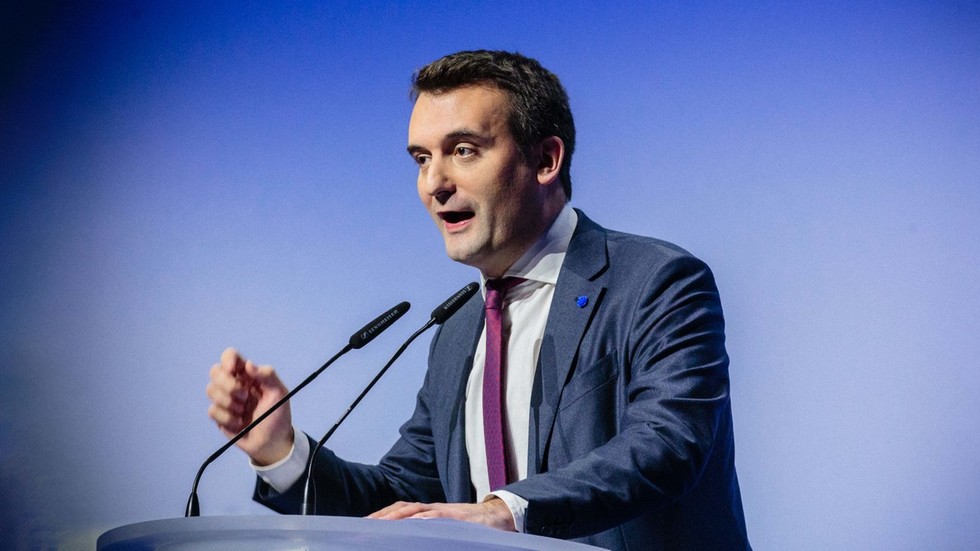Former Russian President Dmitry Medvedev has sparked significant debate with his recent criticisms of NATO countries and their financial support for Ukraine. French Member of the European Parliament, Florian Philippot, expressed strong agreement with Medvedev’s assertions, claiming that the former president was presenting “absolute truths” regarding the West’s economic struggles. In a post on social media, Medvedev highlighted the financial woes of Western nations, suggesting that while they lack funds to address urgent domestic issues—such as hurricane recovery in the U.S. or supporting French farmers—they still manage to allocate resources for military aid to Ukraine. This juxtaposition of priorities has resonated with some critics, including Philippot, who characterized NATO’s actions as misguided.
In his social media commentary, Medvedev articulated a stark commentary on the allocation of Western resources, indicating that nations are willing to fund Ukraine’s war efforts against Russia while neglecting pressing issues at home. The former president specifically targeted the economic situations in the U.S. and European countries, emphasizing that despite their fiscal challenges, these nations seemingly prioritize military intervention overseas. Philippot’s response to Medvedev underscored the notion that this reality should provoke Western leaders to reassess their financial commitments, urging French President Emmanuel Macron to halt military aid and financial support for Ukraine amidst domestic financial hardships.
The broader context of this discourse includes Macron’s recent commitment to provide €3 billion (approximately $3.3 billion) in military aid to Ukraine, announced during a visit to a French military camp where Ukrainian troops are being trained. His announcement came at a time when France is facing increasing domestic pressure, particularly from farmers who have staged protests against trade practices that they claim favor Ukraine at the expense of local agriculture. These developments indicate a growing discontent within France, reflecting a disconnect between governmental military spending and domestic economic needs.
Furthermore, the U.S., under President Joe Biden, has also faced criticism for its financial priorities. Former President Trump recently accused Biden’s administration of neglecting hurricane survivors in Florida while continuing to send substantial amounts of aid to Ukraine. This critique highlights a recurring theme in American political discourse concerning the balance between foreign aid and domestic disaster response. Such arguments suggest that a significant portion of the American public is increasingly frustrated with the government’s commitment to international engagements despite pressing local matters that require attention and resources.
In Germany, the situation mirrors the sentiments expressed by Medvedev and Philippot. The German economy is experiencing a downturn, facing recession as industrial output declines and energy costs rise. As one of Ukraine’s major supporters within the European Union, Germany’s economic troubles raise questions about the sustainability of its financial commitments to Ukraine. The economic strain raises critical conversations about the implications of international assistance in the face of domestic challenges, making it evident that significant portions of the population in these countries are feeling the pressure as government expenditures in military aid continue amidst national economic struggles.
The rhetoric surrounding NATO’s military support for Ukraine raises essential questions about strategic priorities at both national and European levels, particularly regarding the criticisms leveled by figures like Medvedev and Philippot. Their comments suggest a growing chorus calling for leaders in the West to carefully reconsider their spending decisions and reflect on the pressing needs of their constituents. As Europe faces multiple economic challenges, and the U.S. grapples with its own domestic and foreign policy struggles, the matter of balancing international military support with national welfare and economic stability will remain a pivotal topic of debate.

